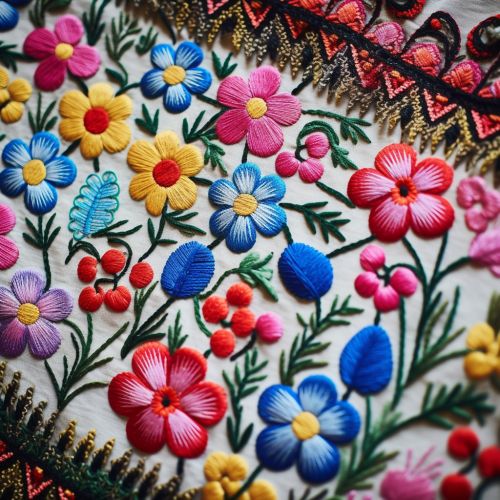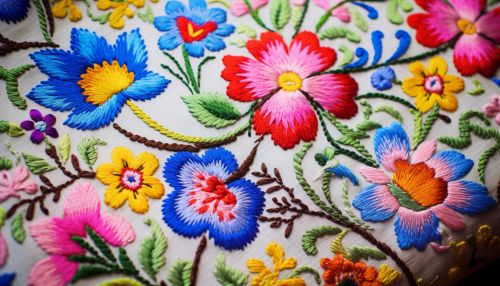Ukraine
History
Ukraine's history dates back to the times of the Scythian and Sarmatian tribes, who inhabited the region in the first millennium BC. The territory was later incorporated into the Roman Empire, and subsequently, it became a part of the Khazar Khaganate.
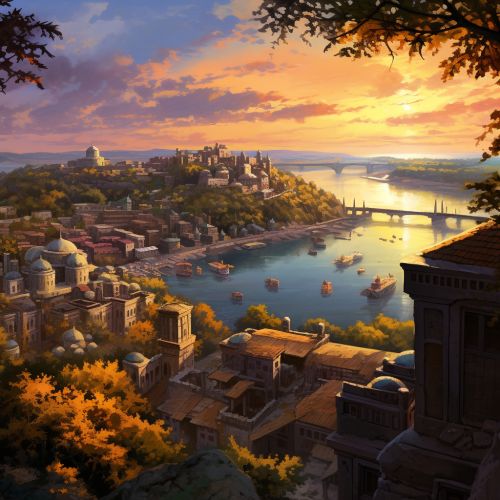
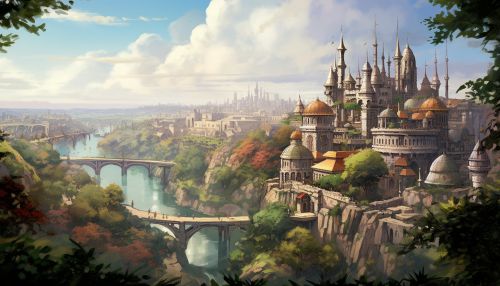
In the 9th century, the state of Kyivan Rus emerged, which is considered the cultural and historical predecessor of modern Ukraine, Belarus, and Russia. Kyivan Rus was a powerful entity in Eastern Europe until the Mongol invasion in the 13th century, which led to its fragmentation into several smaller principalities.
The 14th to 16th centuries saw the rise of the Grand Duchy of Lithuania, the Polish-Lithuanian Commonwealth, and the Crimean Khanate, all of which controlled parts of the territory of modern Ukraine. During this period, Ukrainian culture and language developed significantly, influenced by both Western and Eastern civilizations.
In the 17th century, the Cossack Hetmanate was established, marking a period of relative autonomy for Ukraine. The Hetmanate played a crucial role in the wars against the Ottoman Empire and in the struggle for independence from Poland and Russia.
The late 18th century saw the partition of Poland and the absorption of the entire Ukrainian territory into the Russian Empire. The 19th century was marked by a national awakening and the struggle for independence, which culminated in the short-lived Ukrainian People's Republic in the aftermath of World War I.
During World War II, Ukraine was occupied by Nazi Germany, and it suffered heavy losses. After the war, it became one of the 15 republics of the Soviet Union. The period of Soviet rule was marked by a series of tragedies, including the Holodomor famine-genocide, political repressions, and the Chernobyl nuclear disaster.
Ukraine declared independence in 1991 following the dissolution of the Soviet Union. The country has since been navigating its path between maintaining close ties with Russia and integrating with the European Union and NATO.
Geography
Ukraine is the largest country entirely within Europe, located in the eastern part of the continent. It is bordered by seven countries: Belarus to the north, Russia to the north-east and east, Poland, Slovakia, and Hungary to the west, and Romania and Moldova to the south-west.
The country's landscape is diverse, with the Carpathian Mountains in the west, the Crimean Mountains in the south, and the wide plains and steppes in the east and south. The highest peak is Hoverla, at 2,061 meters above sea level.
Ukraine has a temperate continental climate, with significant differences between the western and eastern parts of the country. The country is rich in natural resources, including coal, iron ore, manganese, natural gas, oil, salt, sulfur, graphite, titanium, magnesium, kaolin, nickel, mercury, timber, and arable land.
The country's biodiversity is represented by numerous national parks and nature reserves, including the Carpathian Biosphere Reserve, the Askania-Nova Biosphere Reserve, and the Danube Biosphere Reserve.
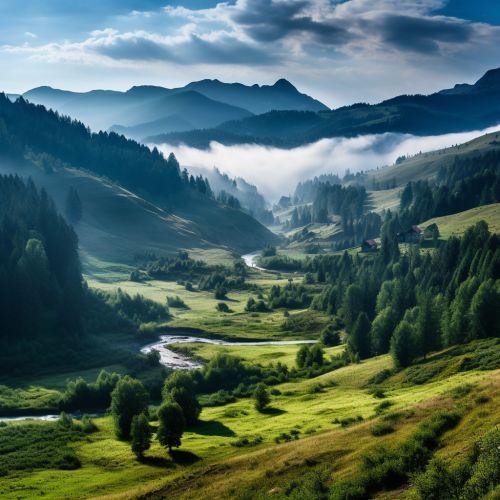
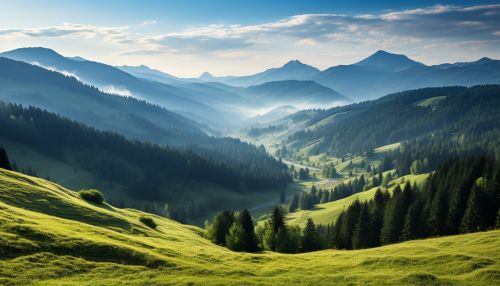
Economy
Ukraine's economy is a mixed economy, with a large heavy industry sector and a growing IT sector. The country is one of the world's largest grain exporters and is known for its production of sunflower oil. Other significant industries include coal and natural gas production, machinery, metallurgy, and textiles.
The country has undergone significant economic reforms since independence, moving from a centrally planned economy to a market economy. However, economic growth has been hindered by corruption, insufficient rule of law, and ongoing conflicts in the eastern part of the country.
Ukraine is a member of several international economic organizations, including the World Trade Organization and the European Bank for Reconstruction and Development.
Culture
Ukrainian culture is rich and diverse, with influences from various periods and regions. The country is known for its traditions in music, dance, literature, visual arts, and cuisine.
Ukrainian literature has a long history, with significant contributions from writers such as Taras Shevchenko, Ivan Franko, and Lesya Ukrainka. The country also has a vibrant music scene, with genres ranging from folk and classical to pop and rock.
Ukrainian cuisine is diverse and hearty, with dishes like borscht, varenyky, and holubtsi being popular both domestically and internationally.
Ukraine is also known for its traditions in folk art, including embroidery, pottery, and wood carving. The country's cultural heritage is preserved in numerous museums, theaters, and cultural festivals.
